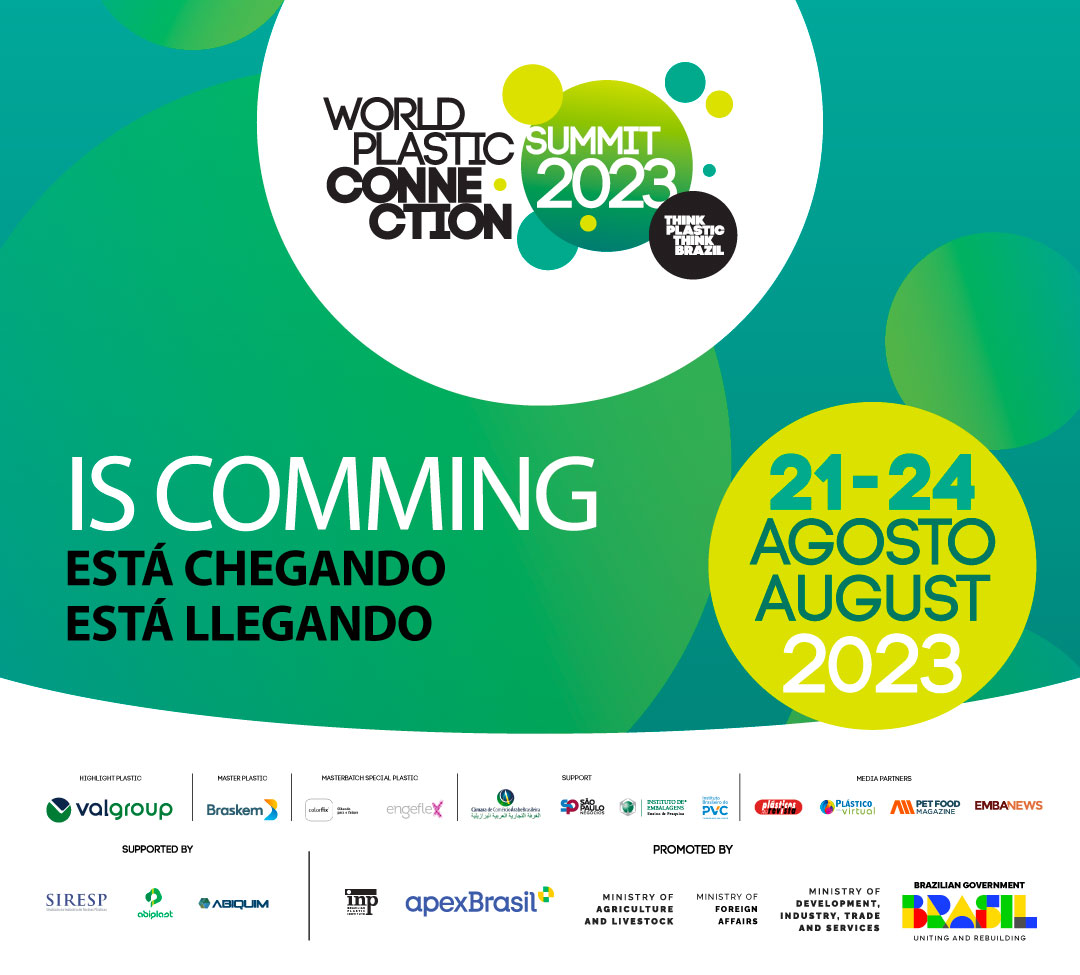Publication of the Think Plastic Brazil program aims to promote and strengthen the international image of member companies, highlight them in the global market and generate business opportunities
The International yearbook of the Brazilian converted plastics sector was released on Wednesday (4). The publication gathers data on the internationalization process and product portfolios of the 130 companies associated with the project. The launch was made by the Director of Strategy and Project Planning, Carlos Moreira.
“Many times, when we bring together a group of companies and show that we have the scope to reach the international market, buyers see us with different eyes,” said Moreira, who sees the Yearbook as a first step towards the creation of an e-commerce platform for member companies of the project.
“First, we ensured this alignment with our members so that next year we can set out to create an e-commerce platform. It will be a major challenge, but we cannot back down now,” explained Moreira.
During the launch speech, the executive shared a number of ideas on the process of internationalization of companies, such as the importance of involving all employees in this process.
“The culture of the internationalization process must involve all internal stakeholders. It is a challenge to think about the development of the strategy and not have an internal alignment,” said Moreira.
Another point mentioned by Moreira was the measurement of this internationalization process. “We at Think Plastic Brazil think about how we can help, and one of the first actions we take consists of asking companies to fill in an extensive questionnaire, from which we take a series of indicators that show the actions taken by them, such as investment in innovation, for example,” he reported.
Moreira states that, once it starts, the internationalization process should not be interrupted. “The project culture must not end when an unfavorable situation appears. It is obvious that each company must assess the risks, but the internationalization process is not focused on the short or medium term, but rather on the long term,” he emphasized.
Carlos also maintains that internationalization can contribute to the organizational improvement of companies. “A master’s degree professor told me that internationalization is not a panacea. I agreed with him until the moment I came across the situation of companies that did not include internationalization in their strategy. They need, however, to monitor and read what is taking place in the market, accumulating know-how and strengthening themselves. That is when a company begins to develop a spirit of internationalization,” he recalled.
At the end of his speech, the director of Think Plastic Brazil recalled the importance of companies being attentive to market signals and, above all, not giving up on seeking the foreign market. “It is no use planning and having everyone aligned but still ignoring the market signals that change all the time. We should always look for information at all times. […] We cannot give up – we always have to improve our products and eventually [the internationalization process will work],” concluded Carlos Moreira.
 Home
Home 
